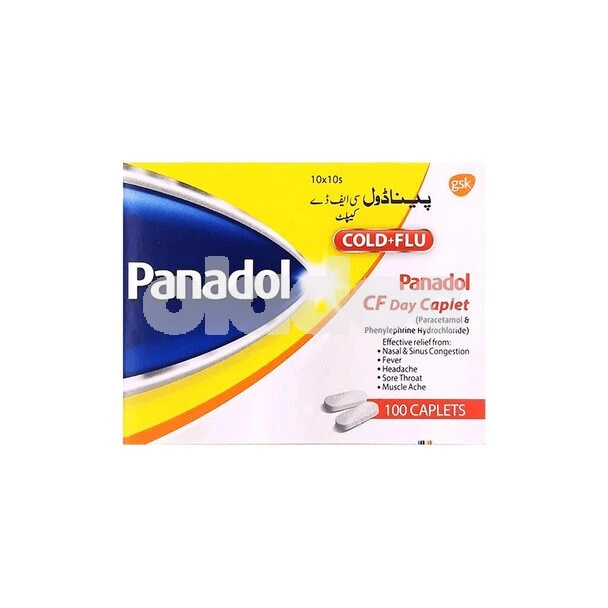Blood pressure, a critical indicator of cardiovascular health, measures the force of blood against artery walls. Maintaining optimal levels is vital for overall well-being, as high blood pressure can lead to severe complications. This article explores blood pressure, effective management strategies, potential complications, and proactive solutions.
Table of Contents
What is Blood Pressure?
Blood pressure represents the pressure exerted on artery walls by circulating blood. It’s quantified by two values: systolic (the top number) and diastolic (the bottom number) pressure. A normal reading hovers around 120/80 mmHg. Elevated blood pressure strains arteries and organs, raising the risk of health problems.
Diagnosing Blood Pressure
1. Regular Blood Pressure Monitoring: The most important aspect of diagnosing blood pressure issues is regular monitoring. This can be done in various settings:
- At Home: Invest in a reliable home blood pressure monitor. Follow the instructions for accurate readings. Record your measurements in a log to track changes over time.
- Medical Check-ups: Routine visits to a healthcare professional allow for accurate blood pressure measurements. Your doctor will use a calibrated instrument to determine your blood pressure levels.
2. Ambulatory Blood Pressure Monitoring (ABPM): This involves wearing a portable device that measures your blood pressure at regular intervals, usually over 24 hours. It provides a more comprehensive picture of your blood pressure variations throughout the day.
3. White Coat Hypertension: Some individuals experience elevated blood pressure in medical settings due to anxiety (white coat syndrome). ABPM or home monitoring can help differentiate between actual hypertension and temporary spikes caused by anxiety.
Diagnosing Blood Pressure Complications
1. Comprehensive Medical Assessment: Diagnosing complications associated with high blood pressure often involves a holistic medical assessment. Regular medical check-ups can help identify potential issues early.
2. Lab Tests:
- Blood Tests: These tests assess factors like cholesterol levels, kidney function, and blood sugar, which can impact blood pressure and its complications.
- Urine Tests: These tests provide insights into kidney function and help detect potential kidney damage due to hypertension.
3. Electrocardiogram (ECG or EKG): An ECG measures the electrical activity of the heart. It can identify irregular heartbeats (arrhythmias) and signs of heart strain due to hypertension.
4. Echocardiogram: This ultrasound of the heart helps evaluate its structure and function, detecting abnormalities or signs of heart damage.
How to Manage Blood Pressure
- Balanced Diet: Prioritize a diet rich in fruits, vegetables, whole grains, and lean proteins. Reducing sodium intake helps regulate blood pressure by preventing fluid retention.
- Regular Exercise: Engage in aerobic activities like walking, swimming, or cycling. Aim for 150 minutes of moderate exercise weekly to strengthen your cardiovascular system.
- Weight Management: Maintaining a healthy weight eases the heart’s workload and promotes blood pressure control.
- Alcohol and Caffeine Moderation: Excessive alcohol and caffeine intake can spike blood pressure. Limiting these substances helps in maintaining healthy levels.
- Stress Reduction: Stress contributes to blood pressure fluctuations. Incorporate relaxation techniques like deep breathing, meditation, or yoga.
- Quit Smoking: Smoking damages blood vessels and increases blood pressure. Quitting smoking supports overall cardiovascular health.
- Medication: When lifestyle changes aren’t enough, healthcare professionals may prescribe medications to regulate blood pressure effectively.
What are the Complications of Blood Pressure and How to Manage Them?
1. Cardiovascular Disease:
Uncontrolled high blood pressure damages arteries, fostering atherosclerosis, heart attacks, and heart failure.
Management: Embrace a heart-healthy lifestyle, strictly adhere to prescribed medications, and attend regular medical check-ups to monitor your heart health.
2. Stroke:
Elevated blood pressure weakens brain blood vessels, elevating the risk of strokes.
Management: Manage your blood pressure through lifestyle changes and medications as healthcare professionals recommend. Controlling other risk factors like diabetes and cholesterol also plays an important role to manage and prevent strokes.
3. Kidney Impairment:
Prolonged high blood pressure can hamper kidney function, contributing to kidney disease.
Management: Apart from managing blood pressure, maintain a balanced diet low in sodium and protein. Regular monitoring of kidney function and adherence to medical advice is vital.
4. Vision Issues:
Blood vessel damage in the eyes can result in vision problems, including blindness.
Management: Protect your vision by controlling blood pressure levels. Regular eye check-ups can help detect early signs of damage.
5. Angina (Chest Pain):
Reduced blood flow due to hypertension can cause angina, characterized by chest pain or discomfort.
Management: Effective blood pressure control, lifestyle adjustments, and prescribed medications can alleviate angina symptoms.
Conclusion
Effective management of blood pressure can help prevent severe complications like heart attack, stroke, kidney impairment, angina, and vision issues. Medical intervention is also pivotal in this regard as your healthcare professional or cardiologist can provide you specific instructions for lifestyle modifications, as well as prescribe certain medications to effectively manage your blood pressure.
To book an appointment with a cardiologist near you, visit oladoc.com or call at our helpline number 04238900939 to find the right doctor for your needs.










